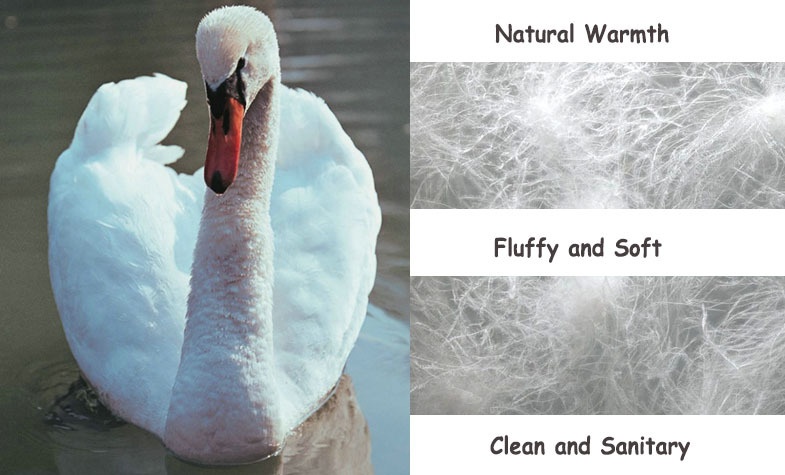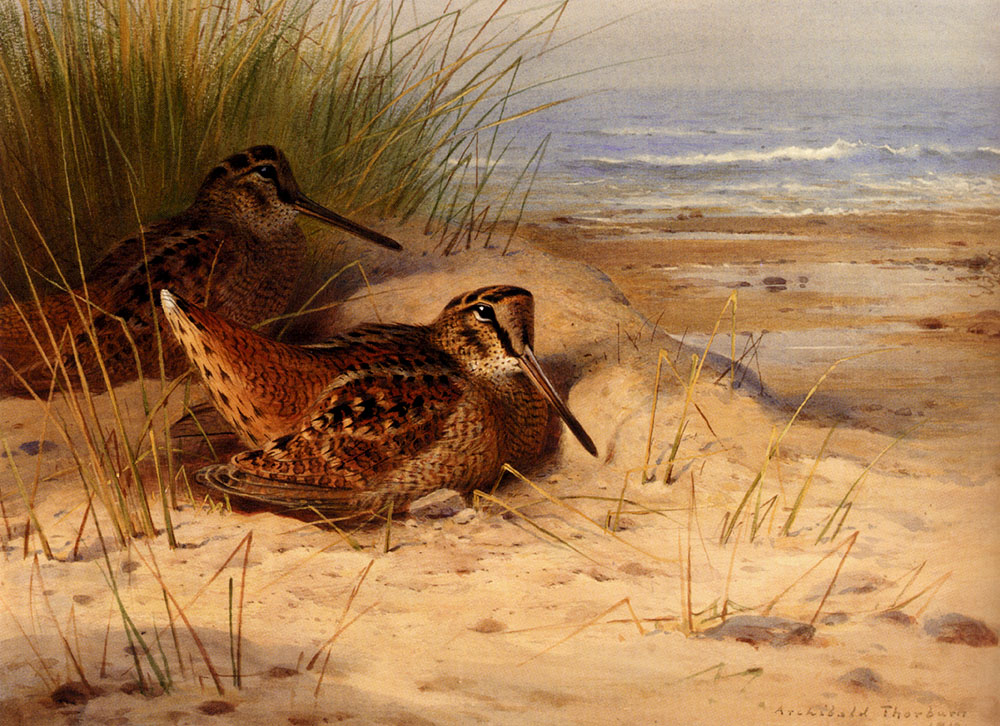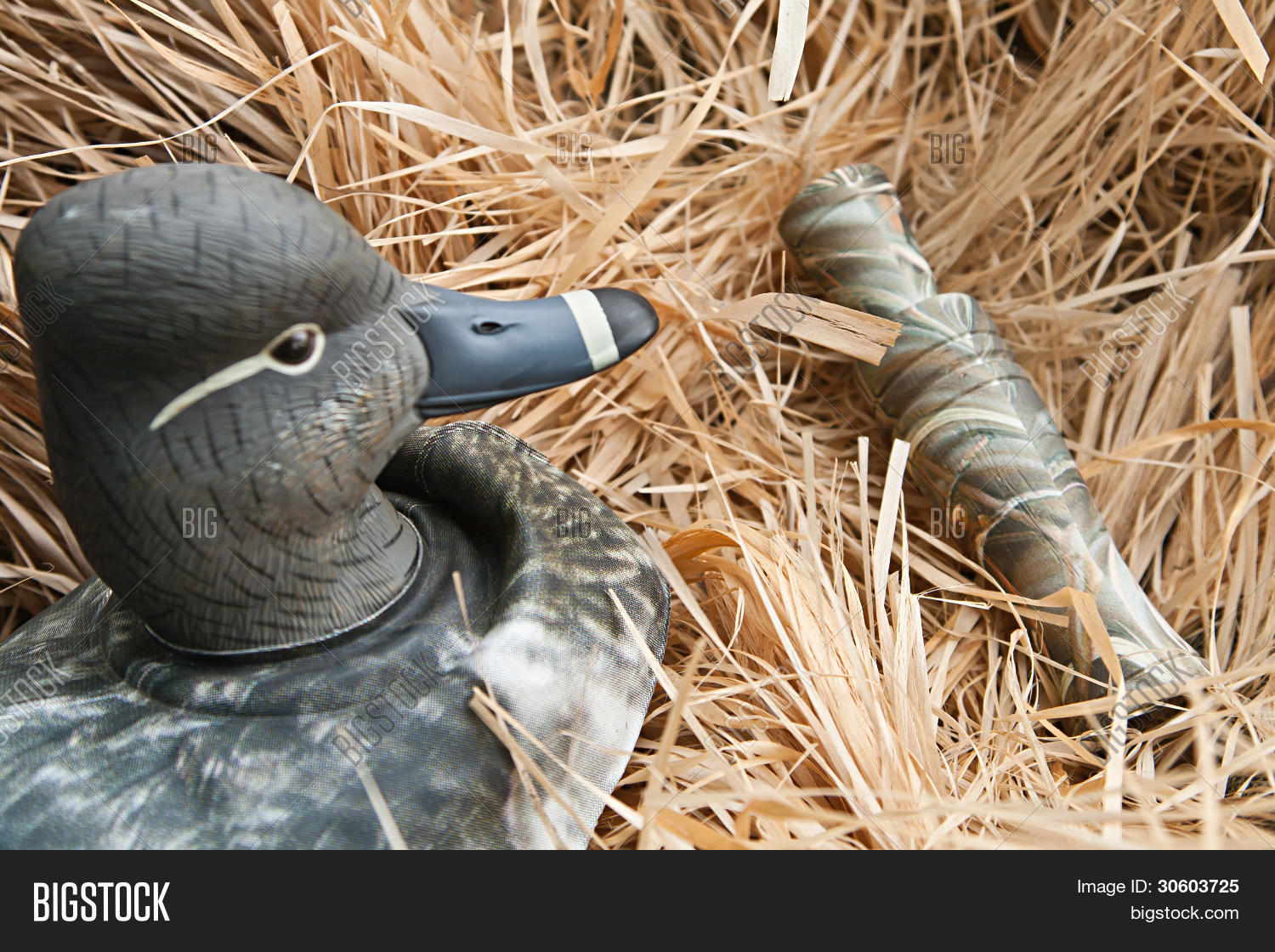Title: The Weight of Duck Feather in a Duvet
The weight of duck feather in a duvet is a crucial aspect to consider when purchasing a new one. The amount of feather used in the duvet directly affects its warmth, quality, and durability. A heavier weight of feather indicates a thicker layer, which provides more insulation and warmth. However, a heavier weight also means a bulkier duvet, which may not be as comfortable to use. On the other hand, a lighter weight of feather indicates a thinner layer, which may not provide as much warmth or insulation. Therefore, it is essential to strike a balance between weight and quality when selecting a duvet.
When it comes to the warmth and comfort of a bed, the choice of duvet is crucial. A duvet, also known as a featherbed, is a thin layer of padding that covers the mattress and provides extra warmth and comfort. One of the most common types of duvet is the duck feather duvet, which uses duck feathers as the filling material.

The weight of the duck feather in a duvet can vary depending on the quality and type of feather used, as well as the size and thickness of the duvet. Generally, a standard-sized duvet (about 60 inches by 80 inches) will contain between 2 and 4 pounds of duck feather. This weight is enough to provide ample warmth and comfort for most people.
Higher-quality duvets may contain even more duck feather, up to 6 or 8 pounds or more in some cases. These heavier-weight duvets are often used in colder climates or for people who prefer a warmer sleeping environment. Conversely, lighter-weight duvets with less duck feather are often used in warmer climates or for people who prefer a cooler sleeping environment.
The type of duck feather used in a duvet can also affect its weight. Different breeds of ducks have different feather qualities, with some breeds having longer, thicker, and warmer feathers than others. As a result, the weight of the duck feather in a duvet made from different breeds of ducks may vary significantly.

In addition to providing warmth and comfort, duck feather in a duvet also has other benefits. It can help to regulate body temperature by providing insulation against heat loss and preventing excessive heat buildup in the bed. This can help to improve sleep quality by preventing night sweats or shivering.
Moreover, duck feather is also hypoallergenic, meaning that it does not cause allergic reactions in most people. This is particularly important for people who are prone to allergies or have sensitive skin. The natural oils and waxes in duck feather also have natural antibacterial properties that help to protect against bacteria and allergens.
When choosing a duck feather duvet, it is important to consider not just the weight of the feather but also its quality and source. High-quality duck feather from healthy ducks will provide better performance and longer durability than lower-quality feather from unhealthy or stressed ducks. Therefore, it is always better to choose a duvet made from top-quality materials from reputable manufacturers.

In conclusion, the weight of the duck feather in a duvet is an important factor to consider when choosing a duvet for your bed. Whether you live in a cold or warm climate or have specific preferences for warmth and comfort, there is a duck feather duvet that is right for you. Just be sure to choose one that is made from high-quality materials and has been processed properly to ensure its performance and durability.
Articles related to the knowledge points of this article:
Title: Sales Performance of Musacin Down Comforters
Is it good to use a down blanket on the bed?
The Cost of Washing Down Comforters in Zhuzhou
Title: Kyoto Nishikawa down Quilts: A Masterpiece of Tradition and Comfort



